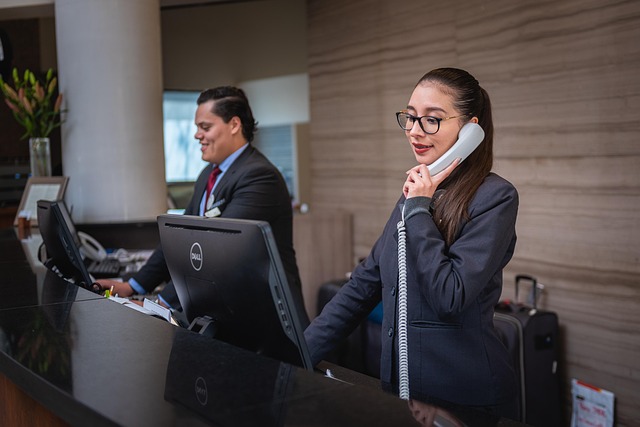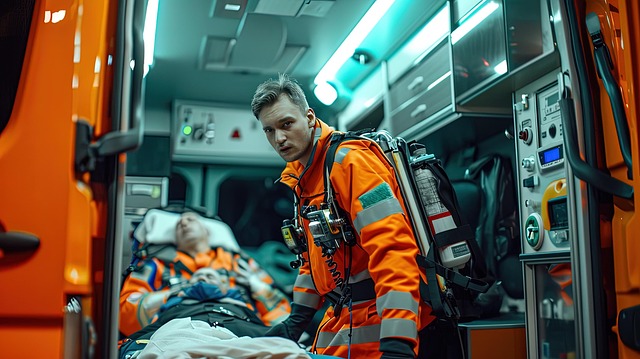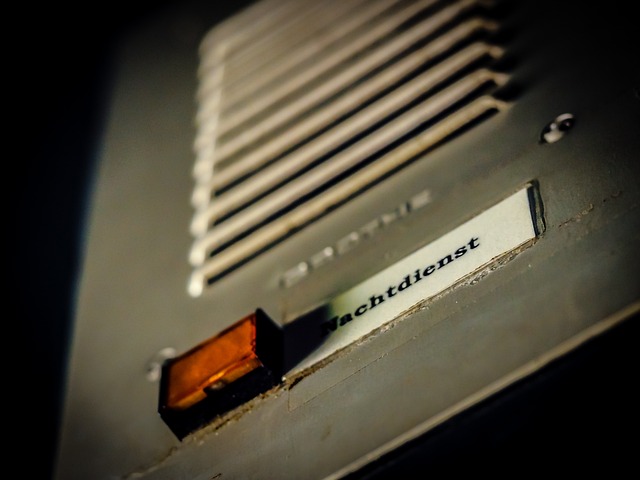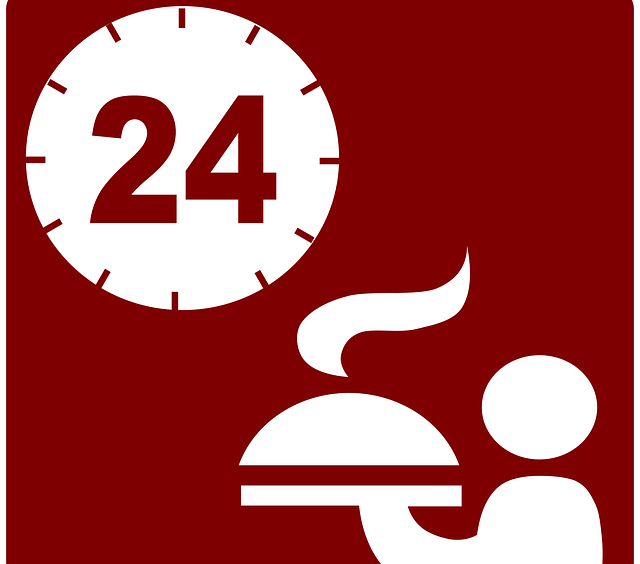In today's digital era, roof inspection services are crucial for businesses in regulated industries, offering compliance, insurance, and risk management benefits. Regular roof certification by licensed inspectors prevents structural failures, saves costs, enhances safety, and boosts business reputations. Services include comprehensive assessments of roofing materials, drainage systems, and structural integrity, adhering to local building codes. Advanced tools uncover hidden issues. Detailed reports aid in repairs, insurance claims, and meeting industry standards. Choosing a reputable firm with experienced, licensed inspectors ensures accurate evaluations, timely compliance, and extended roof lifespans.
In the business world, ensuring structural integrity is non-negotiable. For companies dealing with commercial roofs, certified inspections are key to compliance, risk mitigation, and insurance claims. This comprehensive guide explores the vital role of roof inspection services in maintaining safe working environments. We’ll delve into the types of inspections, the process, benefits, choosing the right provider, common issues, and repair recommendations. Understand why these services are essential for your business’s long-term success.
- Understanding the Importance of Certified Roof Inspections
- Types of Roof Inspection Services Offered
- The Process: How a Roof Inspection Service Works
- Benefits for Businesses: Compliance and More
- Choosing the Right Roof Inspection Company
- Common Issues Found During Roof Inspections & Repair Recommendations
Understanding the Importance of Certified Roof Inspections

In today’s digital era, businesses operating in regulated industries are well-aware of the importance of documented, certified processes for compliance and insurance purposes. Among these critical documentation requirements is a comprehensive roof inspection service. A commercial roof check isn’t merely about assessing the structural integrity of a building’s overhead protection—it’s a crucial aspect of risk management, ensuring safety, and maintaining operational continuity.
Hiring a licensed inspector for regular roof certification goes beyond meeting legal obligations. It provides businesses with peace of mind by identifying potential issues early on, preventing costly repairs, and mitigating the risks associated with structural failures. By prioritizing this essential service, companies can foster a culture of safety, enhance their reputation as responsible stewards of assets, and ultimately contribute to a more sustainable business environment.
Types of Roof Inspection Services Offered

Roof inspection services offer a comprehensive range of assessments tailored to meet various business needs. These include routine commercial roof checks, which are essential for maintaining safety and compliance standards in industrial or commercial buildings. Such inspections involve meticulous examination of roofing materials, structural integrity, drainage systems, and overall condition. A licensed inspector ensures that all components adhere to local building codes and regulations, providing peace of mind for property owners and tenants alike.
Beyond routine checks, roof inspection services also facilitate repair and insurance claims by offering detailed reports and documentation. These reports serve as irrefutable evidence during disputes or when applying for roof certification. Whether it’s a minor leak repair or a complete roof replacement, having a licensed inspector involved guarantees that any work undertaken is safe, efficient, and meets industry standards, thus protecting businesses from costly mistakes and ensuring their assets are well-maintained.
The Process: How a Roof Inspection Service Works

A roof inspection service is a critical process for businesses aiming to maintain compliance, facilitate repairs, or support insurance claims. It involves a meticulous examination of a commercial roof by a licensed inspector who possesses in-depth knowledge of industry standards and regulations. The inspector begins with a thorough visual assessment, identifying any visible damage, wear and tear, or signs of distress.
This initial step is crucial for gathering preliminary data, which is then complemented by advanced diagnostic tools. These may include moisture detectors, infrared cameras, and other specialized equipment to uncover issues like leaks, blisters, or inadequate flashing not immediately apparent during visual inspection. Once complete, the licensed inspector provides a detailed report outlining their findings, allowing businesses to make informed decisions regarding necessary repairs, roof certification, or insurance claims.
Benefits for Businesses: Compliance and More

Businesses needing certified inspections for compliance, repair, or insurance purposes can greatly benefit from professional roof inspection services. A licensed inspector brings expertise and a keen eye to detail, ensuring that every aspect of your commercial roof is thoroughly checked and accurately documented. This comprehensive approach not only aids in meeting regulatory standards but also provides valuable insights into the overall health and longevity of your roofing system.
By engaging the services of a skilled and experienced roof inspector, businesses can expect enhanced peace of mind, knowing their roofs are in compliance with industry regulations. Moreover, these inspections often reveal potential issues early on, allowing for cost-effective repairs before more serious damage occurs. This proactive approach not only saves money but also safeguards against insurance claim disputes by providing clear evidence of the roof’s condition through professional roof certification.
Choosing the Right Roof Inspection Company

When selecting a roof inspection company for your business’s certified inspections, it’s crucial to consider several factors to ensure accuracy and reliability. Look for a reputable firm with experienced, licensed inspectors who specialize in commercial roof checks. An established track record of providing high-quality roof certification services is essential, as is their ability to conduct thorough inspections that meet industry standards.
Additionally, check if the company offers comprehensive reports detailing any repairs or replacements needed, along with estimated costs. A good roof inspection service should also be insured and bonded, protecting both your business and them in case of any damages during the inspection process. This meticulous approach ensures a professional evaluation of your commercial roof’s condition, facilitating timely compliance, repairs, or insurance claims as required.
Common Issues Found During Roof Inspections & Repair Recommendations

Roof inspections are a crucial aspect of maintaining any commercial property, revealing potential issues that may have gone unnoticed. Common problems discovered during these thorough evaluations include damaged or missing shingles, flashing defects, and signs of water intrusion. Leaks are particularly concerning as they can lead to structural damage and mold growth over time. Additionally, inspectors often identify inadequate ventilation, which is essential for temperature control and preventing premature roof wear.
When addressing these issues, businesses should prioritize prompt repairs to avoid further complications. For commercial roof checks, engaging a licensed inspector is vital to ensure compliance with local regulations and industry standards. Repair recommendations may vary from simple replacement of faulty components to more complex re-roofing projects. Regular maintenance and early intervention are key to extending the lifespan of a roof and safeguarding against costly future repairs.
